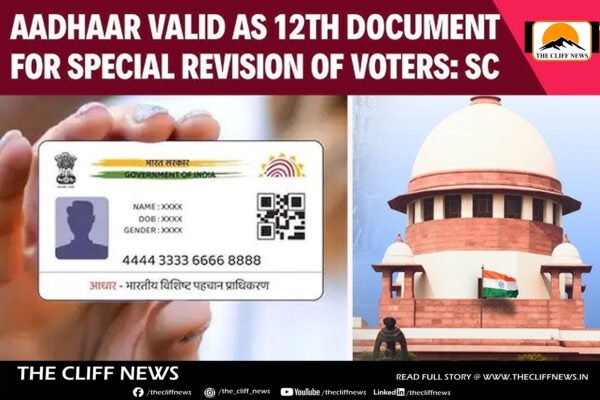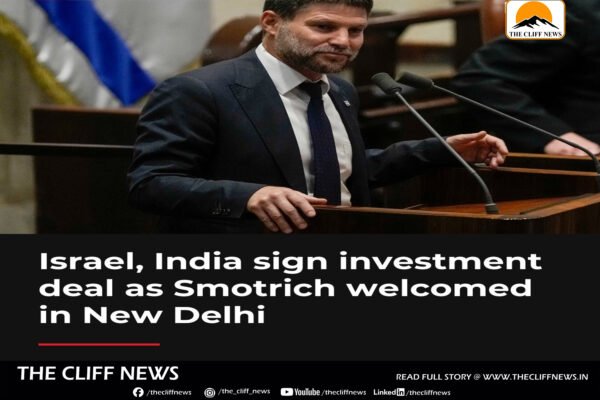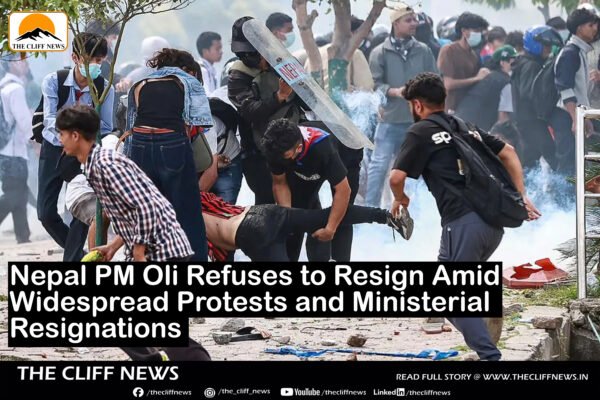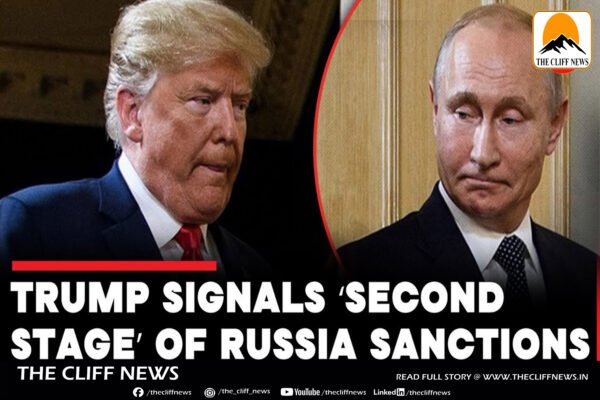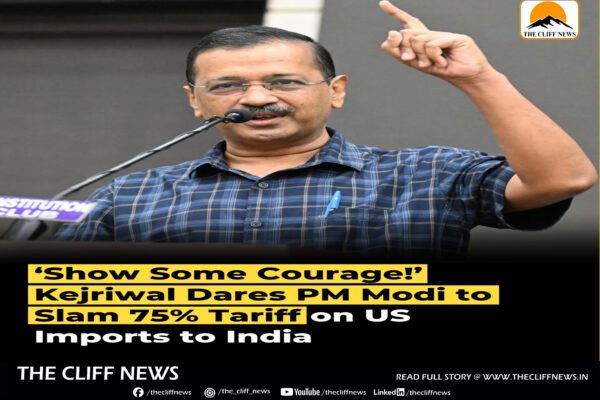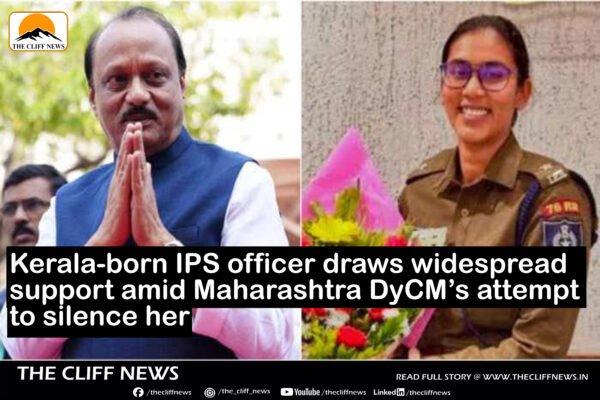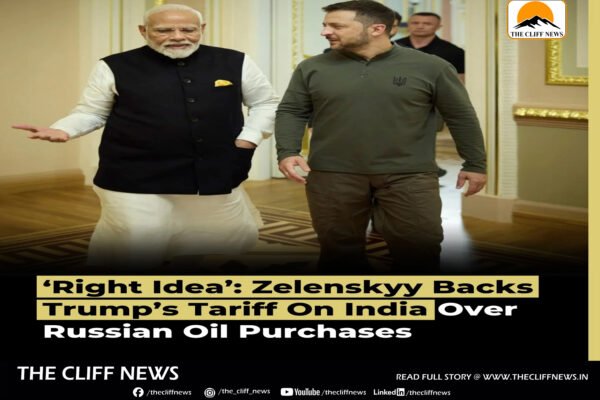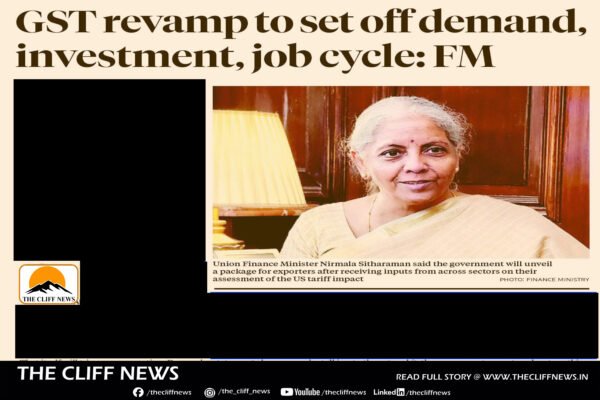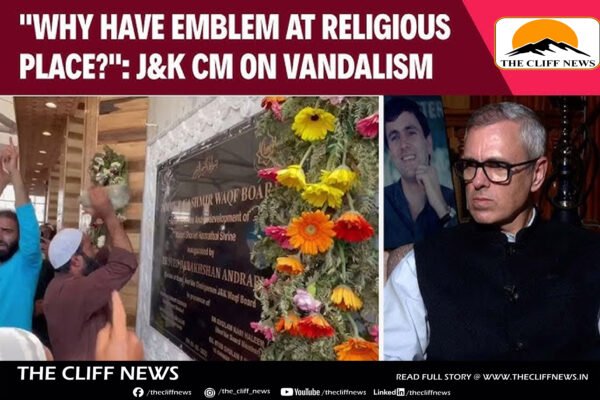Supreme Court Directs EC to Accept Aadhaar as Valid ID for Bihar Voter Roll Revision
The Supreme Court on Monday directed the Election Commission to accept Aadhaar cards as proof of identity during the ongoing voter re-verification exercise in Bihar, adding it to the list of 11 documents already deemed valid. The order comes in connection with the poll panel’s special intensive revision (SIR) of the electoral roll ahead of the state assembly election later this year. A bench of Justice Surya Kant and Justice Joymalya Bagchi, issuing a verbal order in court, said Aadhaar should be accepted as the 12th identity document for inclusion or exclusion from the voter list. The court clarified, however, that Aadhaar cannot be used to establish citizenship, and officials would be allowed to verify the genuineness of the card. The ruling overruled objections from the Election Commission, whose counsel argued that 99.6 per cent of the 7.24 crore voters in the draft roll had already submitted documents and that adding Aadhaar at this stage would not serve much purpose. The Commission had also expressed concerns over forgery, but the court observed that the risk existed for all documents, not just Aadhaar. The opposition, including the Congress and Rashtriya Janata Dal (RJD), has challenged the revision exercise, calling it an attempt to disenfranchise communities that traditionally back them. The Congress has accused the BJP and the Election Commission of collusion to commit voter fraud. The EC, however, has defended the SIR, arguing it helped identify lakhs of ineligible voters, including foreigners, and insisted the process was carried out transparently. Acknowledging that only genuine citizens should be allowed to vote, the court said people using forged documents must be excluded from the electoral roll. The inclusion of Aadhaar, it noted, would give those excluded an additional option to prove identity when challenging removal from the list. The SIR has already led to a sharp reduction in Bihar’s voter rolls—from 7.9 crore before the exercise to 7.24 crore after. On earlier dates, the court had made 12 political parties part of the hearings and directed them to submit status reports on assistance to deleted voters. It also asked the Bihar State Legal Services Authority to deploy paralegal volunteers to help citizens and political parties file claims and objections. The court described the ongoing controversy as “largely a trust issue” and stressed the need for greater transparency and cooperation between the Election Commission, political parties, and voters in the state.
